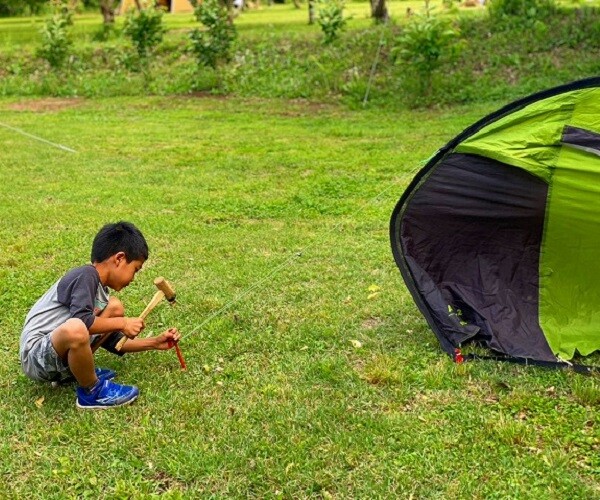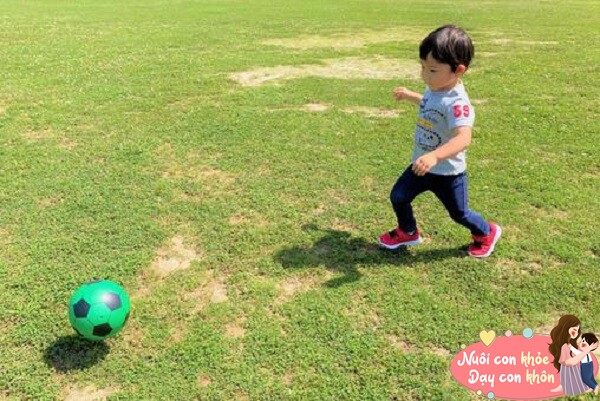Neuroscientific research shows that the prefrontal cortex of a boy’s brain develops 2-3 years slower than that of girls, making boys more impulsive but also more flexible.
So, if parents want their sons to become strong, disciplined individuals, how should they nurture them?


Physical Training: Building Resilience to Handle Any Challenge
Physical training for boys is crucial, impacting their health, psychology, and confidence. Research shows that regular physical activity reduces stress, anxiety, and depression. Exercise releases endorphins, improving mood and inducing happiness.

For younger boys, incorporate more hiking into their routine. This activity builds physical strength and endurance while offering opportunities to explore nature, learn about the environment, and develop a broader worldview.
Hiking also teaches patience and discipline. Overcoming challenging trails instills the value of perseverance and self-transcendence. These small victories boost confidence and prepare them to face life’s obstacles.

Building resilience to handle any challenge.

Brain Training: Encouraging Critical Thinking and Focus
In today’s digital age, short videos and apps compete for attention, and boys are particularly susceptible to their allure. This habit can reduce their ability to think critically, with average focus spans dropping from 12 seconds to 8 seconds. Dopamine levels rise with each 15-second video, and when faced with challenges, the instinct is to “move on to the next thing.”
As the prefrontal cortex develops more slowly in boys than in girls, a lack of mental stimulation during elementary school can lead to further disparities in brain development, making it harder to catch up in middle school.

Encouraging critical thinking and focus.
So, how can parents improve this situation?
Create “journeys”: When helping with homework, ask questions like, “What is similar between this question and yesterday’s? Can we use the same idea to solve this problem?”
Engage in brain-stimulating activities: Opt for puzzles, Lego, chess, etc., over excessive screen time.
Use snack money as a teaching tool: Give your son a set amount of money and ask him to plan and budget for a day’s worth of family meals.

Mental Fortitude: Instilling Resilience, Responsibility, and Purpose
To build mental fortitude, boys need guidance in facing challenges and setbacks. Encourage participation in sports, group activities, or community projects to teach perseverance and resilience. When difficulties arise, help them view problems positively to build confidence and patience.
Responsibility is another vital trait. Assign age-appropriate tasks like pet care or household chores to foster a sense of accountability.
Discuss dreams, hobbies, and passions to help your son set concrete and achievable goals. With clear objectives, he’ll learn to plan and take action, starting with small steps and working towards more significant accomplishments.

Instilling resilience, responsibility, and purpose.

Life Experiences: Broadening Horizons Through Exploration
Rich life experiences help boys learn and develop a worldview. Encourage outdoor activities like camping, museum visits, and cultural events to explore the world firsthand.
These experiences stimulate curiosity and enhance understanding of history, culture, and societal values. Exposure to diverse cultures fosters respect for differences and promotes open-mindedness.
Life experiences can also come from everyday situations. Encourage your son to cook, garden, or care for pets.

Broadening horizons through exploration.
Take your son to the morning market. It’s a great way to introduce him to a variety of fresh produce and expand his culinary horizons.
Vision and insight are like rays of light shining into a well, illuminating hidden depths that may have been obscured by darkness.
While the path to adulthood may not always be smooth for boys, consistent physical, intellectual, and emotional development will empower them to face challenges with confidence and resilience.



































